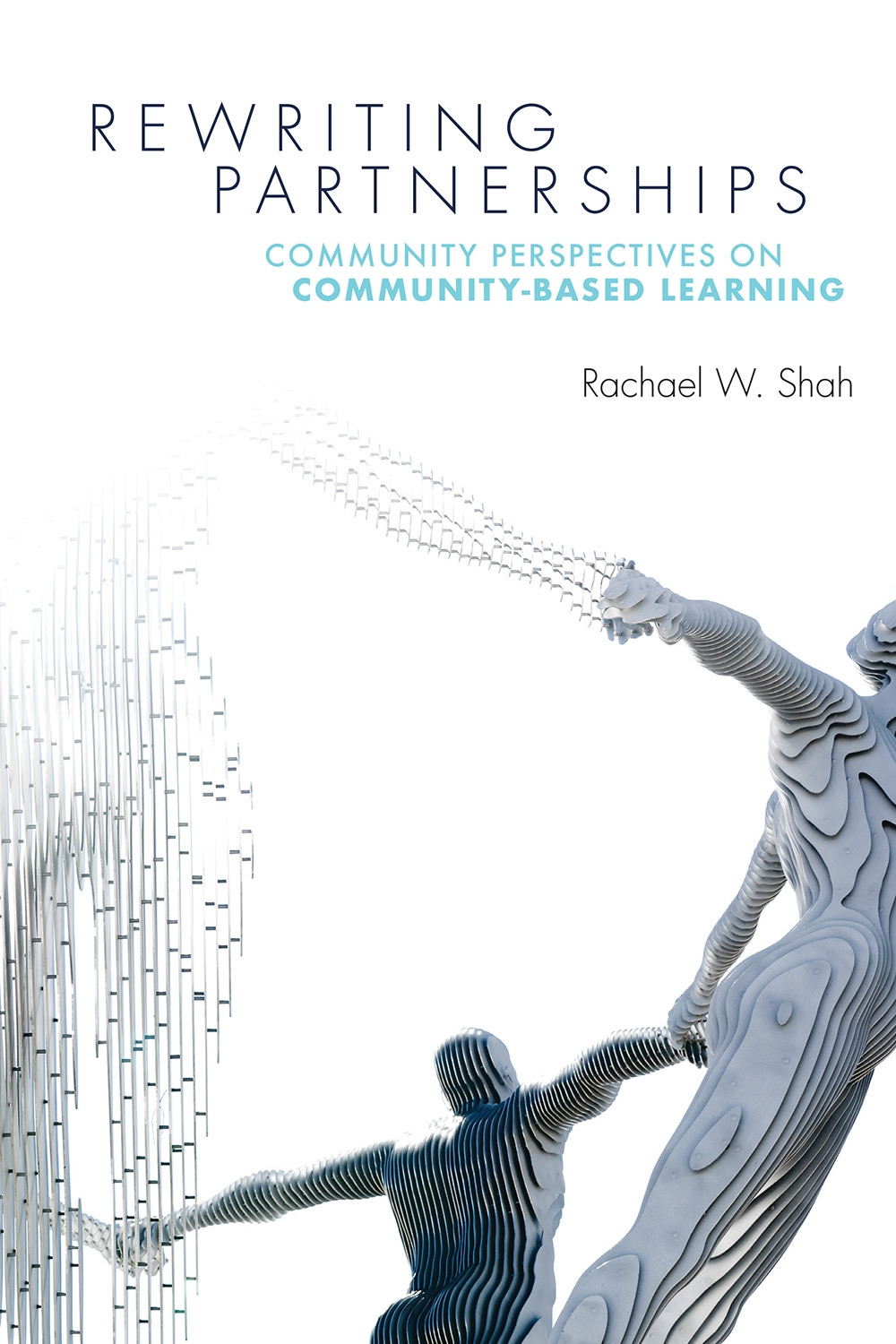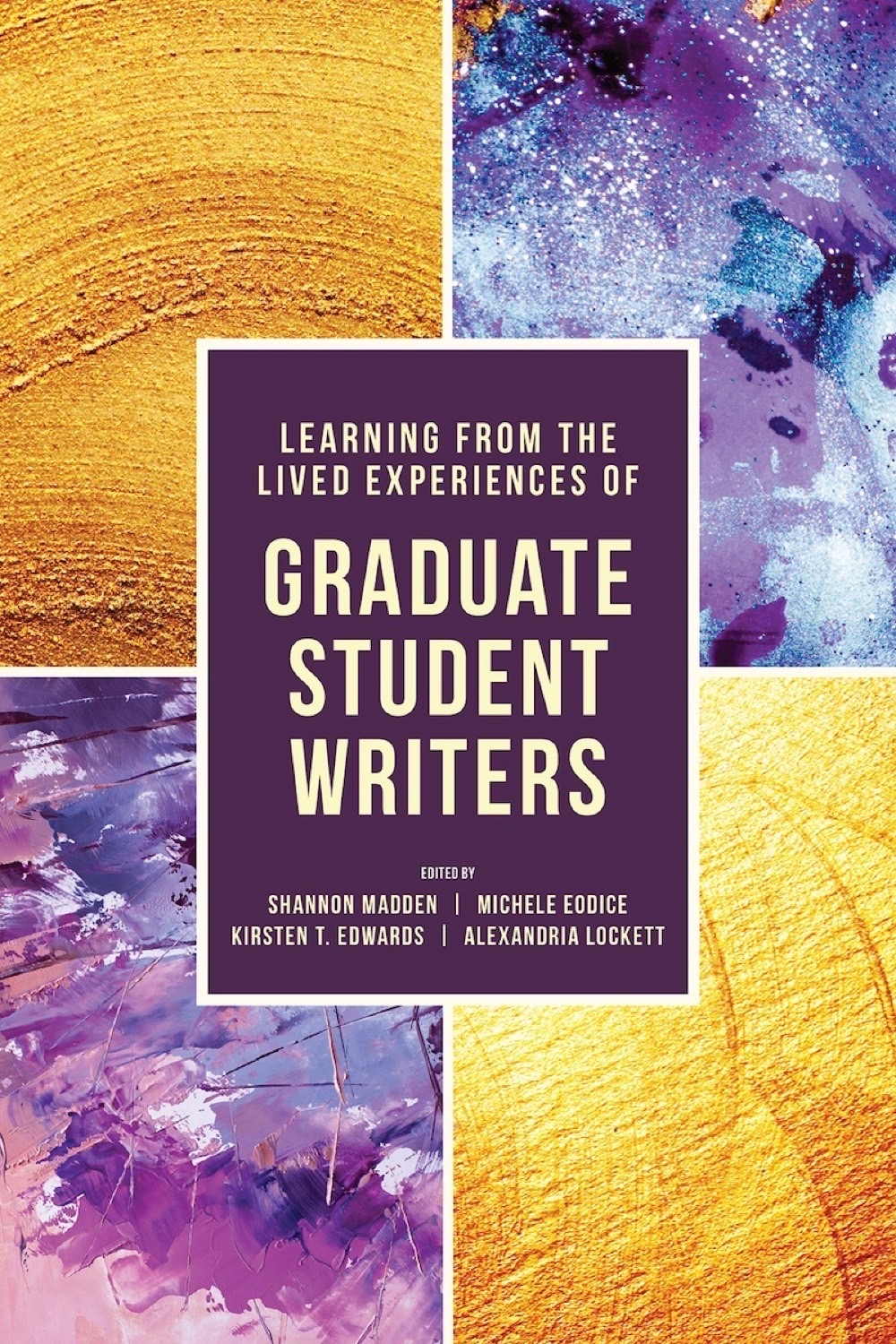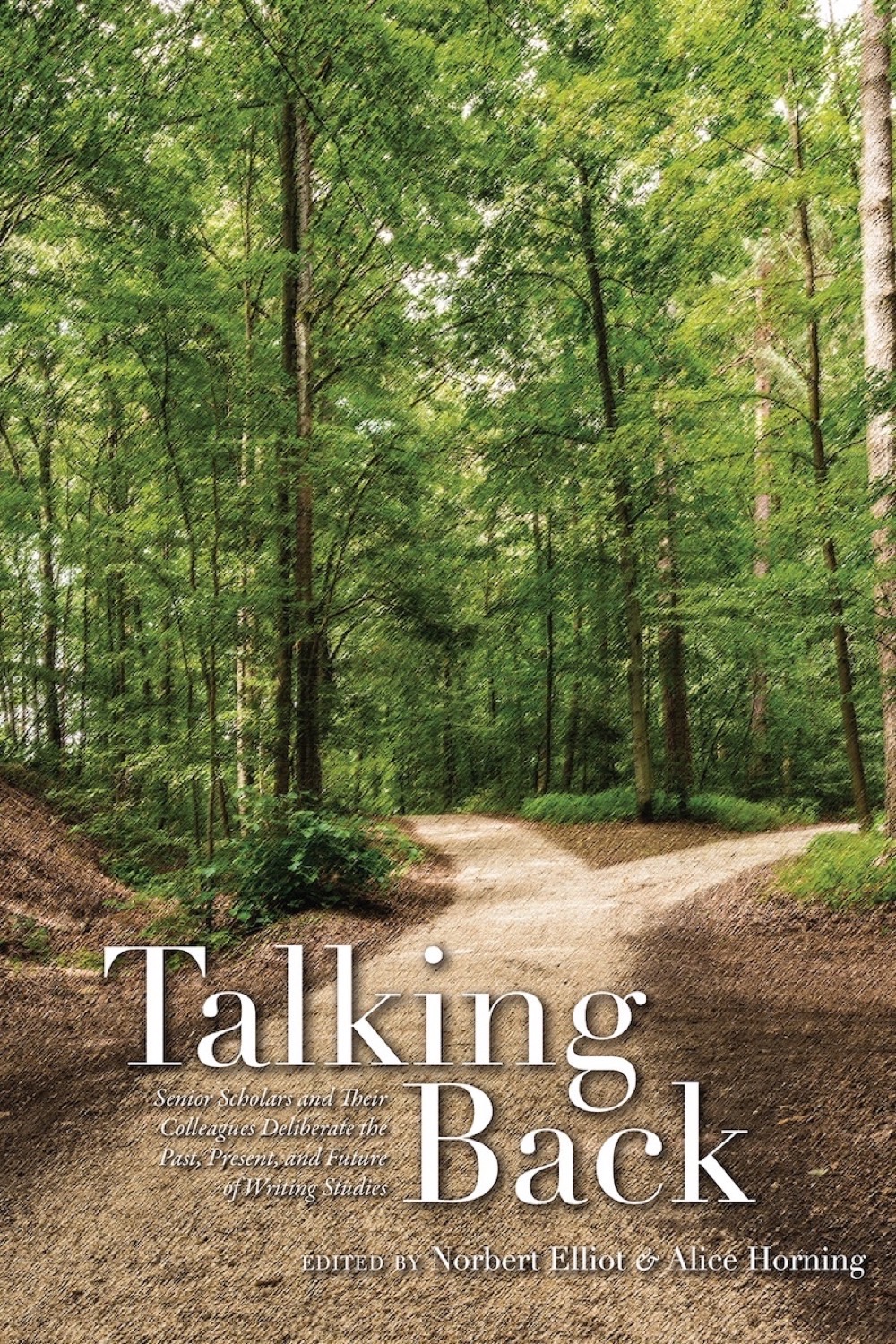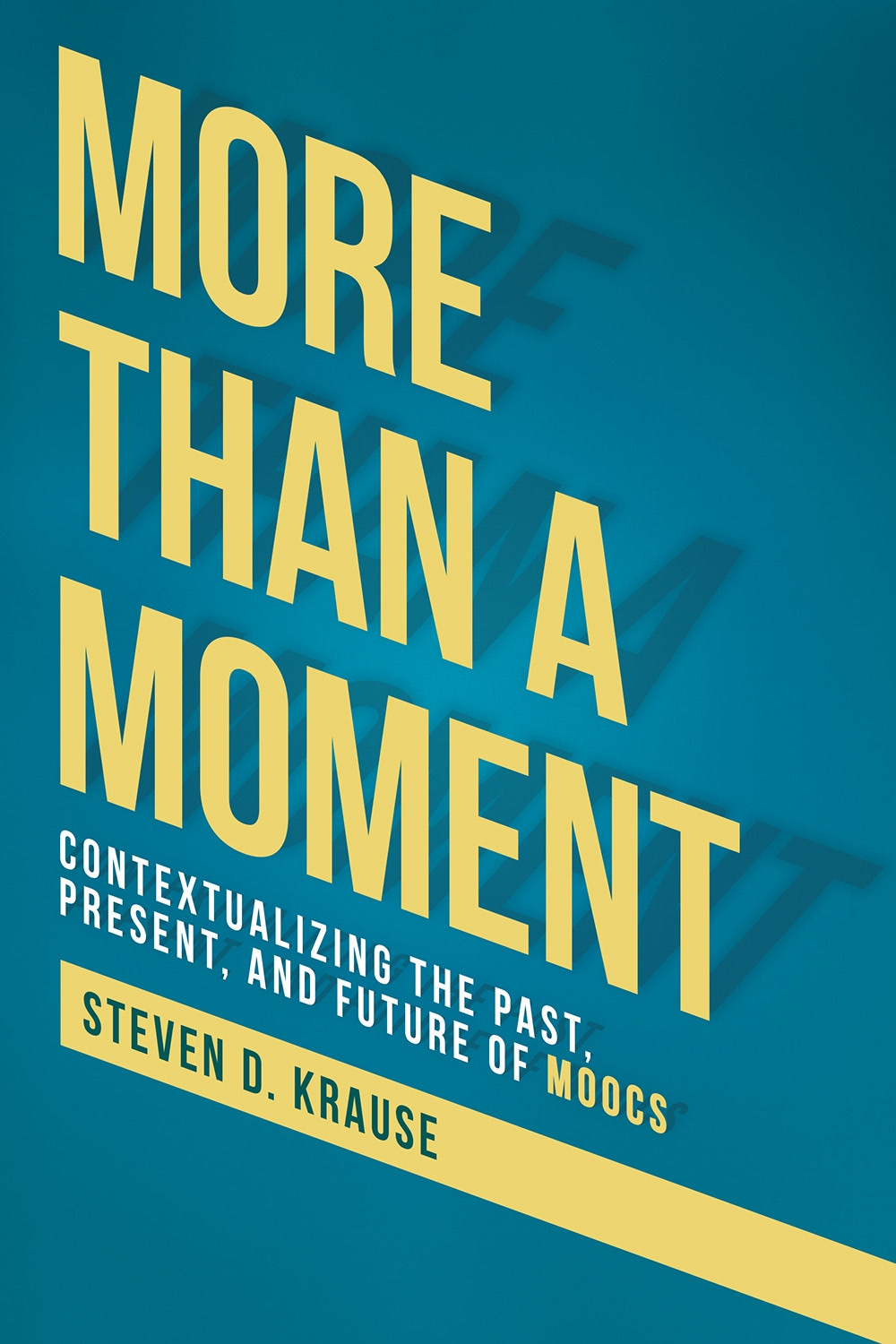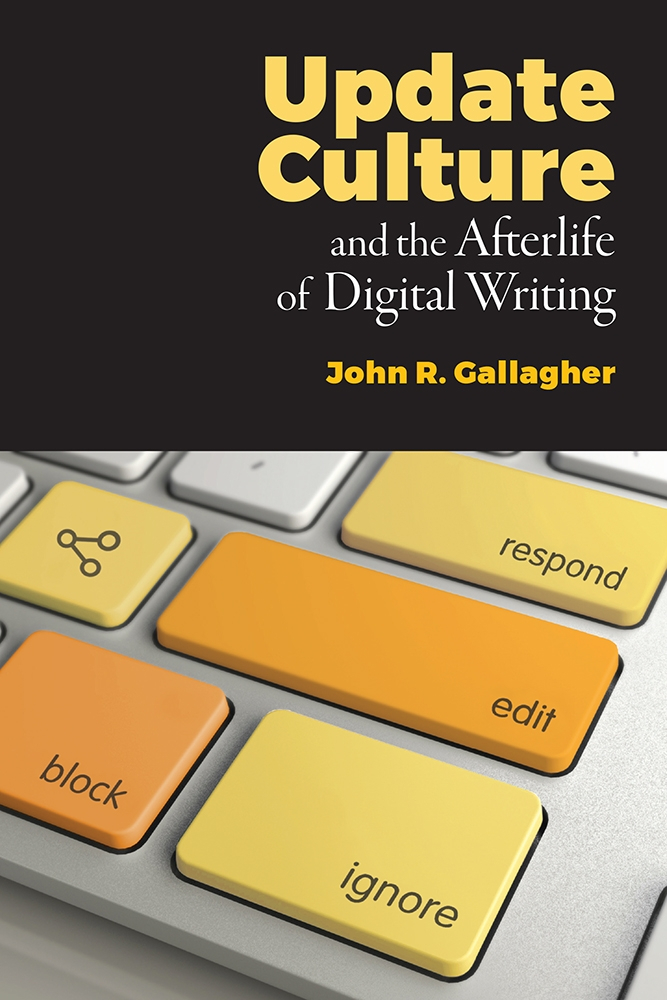Coalition for Community Writing Outstanding Book Award
2021 IARSLCE Publication of the Year
“Rewriting Partnerships argues for a generative and just form of community/university engagement based on a more sophisticated understanding of how these partnerships construct knowledge. . . . Engaging and a pleasure to read.”
—Linda Flower, Carnegie Mellon University
“This book turns to the knowledge of community members in ways that are just, welcoming, and disruptive.”
—Steven Alvarez, St. John’s University
"Rewriting Partnerships offers a clearly organized account of how community partners are not service projects, but are, instead, invaluable beacons of experiential knowledge and lived experiences that university partners have the opportunity and privilege to access with open minds and open hearts."
—Community Literacy Journal
Community members are rarely tapped for their insights on engaged teaching and research, but without these perspectives, it is difficult to create ethical and effective practices. Rewriting Partnerships calls for a radical reorientation to the knowledges of community partners. Emphasizing the voices of community members themselves—the adult literacy learners, secondary students, and youth activists who work with college students—the book introduces Critical Community-Based Epistemologies, a deeply practical approach to knowledge construction that centers the perspectives of marginalized participants.
Drawing on interviews with over eighty community members, Rewriting Partnerships features community knowledges in three common types of community-engaged learning: youth working with college students in a writing exchange program, nonprofit staff who serve as clients for student projects, and community members who work with graduate students. Interviewees from each type of partnership offer practical strategies for creating more ethical collaborations, including how programs are built, how projects are introduced to partners, and how graduate students are educated. The book also explores three approaches to partnership design that create space for community voices at the structural level: advisory boards, participatory evaluation, and community grading.
Immediately applicable to teachers, researchers, community partners, and administrators involved in community engagement, Rewriting Partnerships offers concrete strategies for creating more community-responsive partnerships at the classroom level as well as at the level of program and research design. But most provocatively, the book challenges common assumptions about who can create knowledge about community-based learning, demonstrating that community partners have the potential to contribute significantly to community engagement scholarship and program decision-making.


